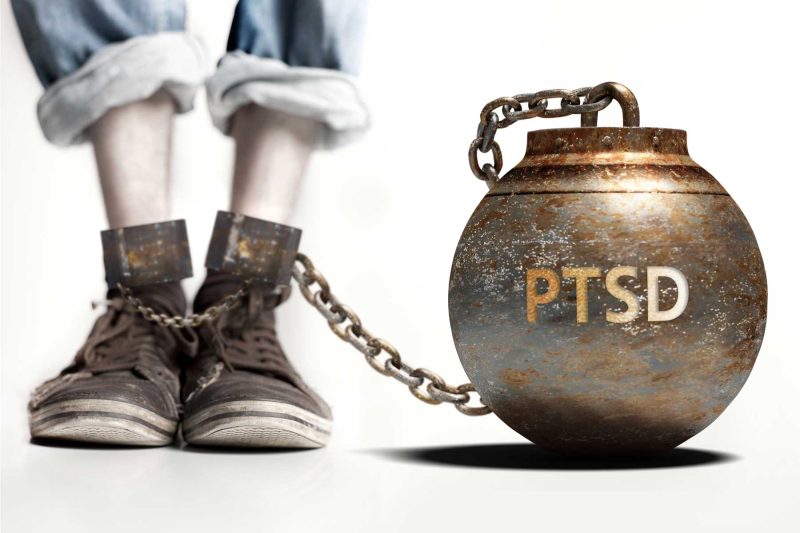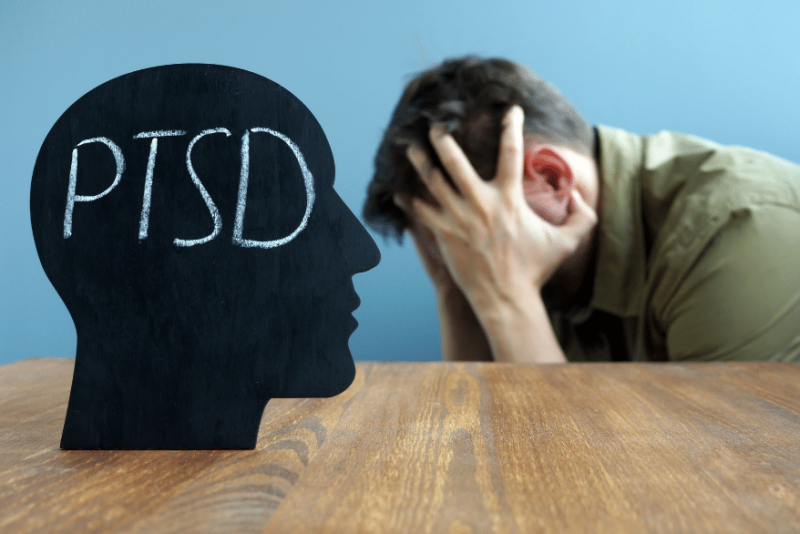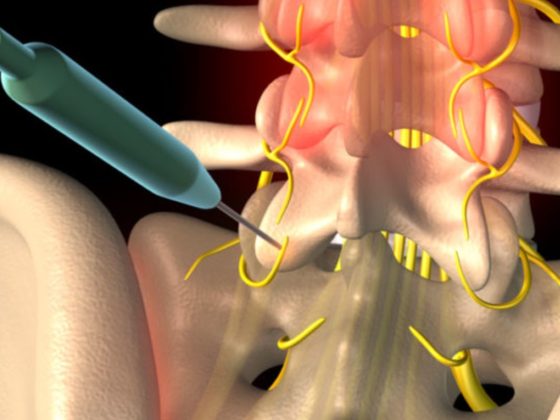Stressful, frightening, or hazardous incidents can be traumatic; although you may overlook the stress immediately, you may develop post-traumatic stress disorder (PTSD) in the long run. Usually, you would get scared during and after a terrible event; however, if the incident keeps getting scary months or years after the event, you might have developed (PTSD). You should look for a PTSD New York expert who can diagnose, treat and help you overcome the stress and anxiety related to PTSD. This is how PTSD might impact your life; read about PTSD coping mechanisms to help you lead a normal life.
Why Do Some People Develop PTSD and Other People Do Not?

Resilience is one factor that determines if an individual develops PTSD or not; resilient people are least prone to stress and anxiety. However, others might develop the mental issue due to triggers such as horror, helplessness, or extreme fear of getting hurt and living through dangerous events and traumas. You may develop the condition if you deal with extra stress after the event, such as losing a loved one, pain, injury, or loss of a job or home. Children who experience childhood abuse or those with a history of mental illness or substance abuse might develop PTSD.
What Are Some Of The Symptoms Of PTSD?
- Disturbing thoughts; these could be recurrent nightmares or disturbing dreams
- Physical reactions to something that reminds you of the traumatic experience.
- Withdrawing from daily activities or people who bring up memories of the painful incident
- Lack of enthusiasm for everyday activities
How Do You Find The Correct Medication?

Suppose you have had disturbing thoughts and feelings about a traumatic event for more than a month. In that case, it is important to book an appointment to see a mental health provider who is experienced as PTSD affects people differently. The PTSD treatment that works for one person may not work for another. Getting aid and support as soon as possible might help reduce your risk of other mental health problems.
Psychotherapy and medications are the primary treatment; however, combining these therapies may help you feel better and improve your symptoms by;
- Helping you think better about yourself, others, and the world
- Learning ways to cope with the PTSD symptoms
- Treating related to traumatic experiences
Types of Psychotherapy

- Cognitive therapy.
You will be taught to overcome challenges and achieve your goals by detecting and eliminating erroneous thinking, troublesome behavior, and uncomfortable emotional responses. They also acquire skills to test and change beliefs, discover skewed thinking, relate to people in new ways, and change behaviors.
- Exposure therapy
This behavioral therapy assists you in safely confronting both terrifying circumstances and memories so that you can learn to cope properly.
- Eye movement desensitization and reprocessing (EMDR)
EMDR treatment helps people access and process traumatic memories and other negative life experiences to be resolved healthily. Its exposure therapy but with a series of guided eye movements.
PTSD can change your life as it leads to withdrawal from daily activities and prevents you from socializing with other people. The condition is alienating, and you should try maintaining positive thoughts and engaging in psychotherapy. Good luck learning how to deal with PTSD.


